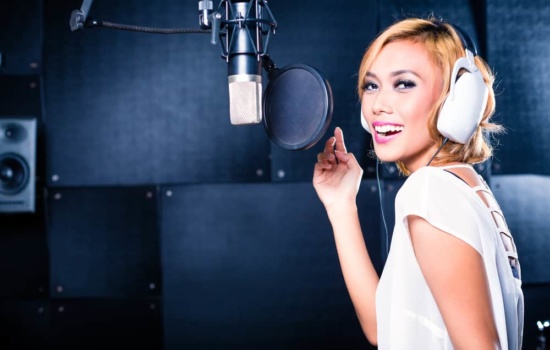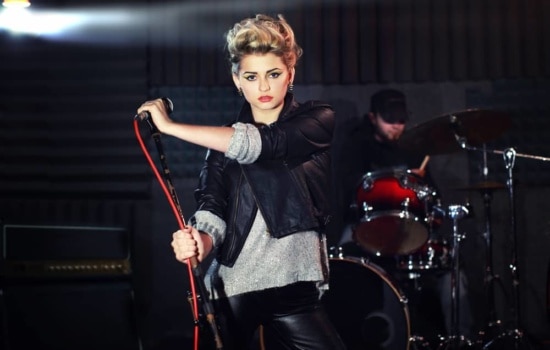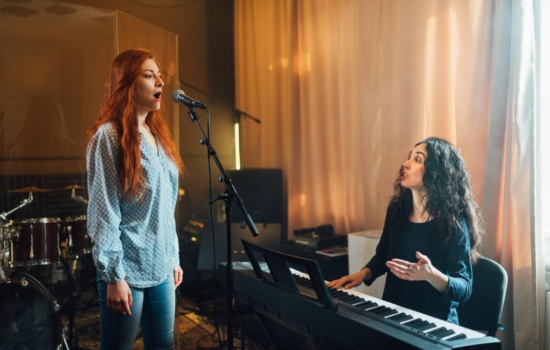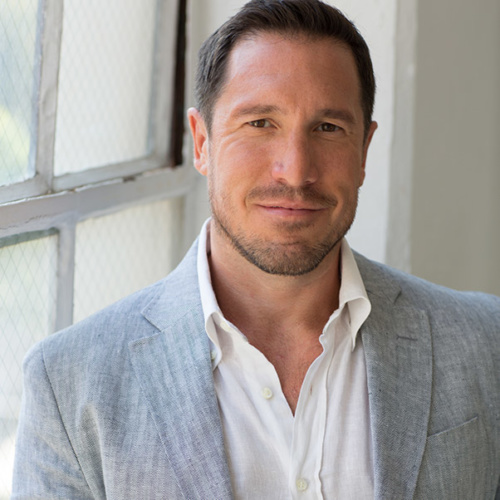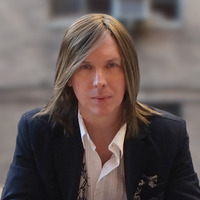Justin Stoney
Justin Stoney is the Founder of New York Vocal Coaching, an internationally-recognized Voice Teacher and Vocal Coach, developer of the NYVC Voice Teacher Training & Certification Program, and author of the book Sing Like Never Before. He has taught over 20,000 voice lessons to Singers of diverse backgrounds, levels, styles, ethnicities, nationalities, and ages. His clients also include Emmy, Grammy, Oscar, and Tony award-winning artists.
Mr. Stoney has been invited as a Keynote Speaker and Presenter both nationally and internationally for conferences and workshops including PAVA (Pan American Vocology Association), Vocology in Practice, and NYSTA (New York Singing Teachers Association) Professional Development Program. He has appeared on numerous media outlets including NBC, CBS, and ABC, and been featured in multiple publications including The New York Times, Esquire, and SELF. He is a member of NATS (National Association of Teachers of Singing), Vocology in Practice, VASTA (Voice and Speech Trainer’s Association), The Voice Foundation, Actors Equity, and SAG-AFTRA. Justin also collaborates with leading Voice Doctors and Laryngologists to help bridge the gap between vocal pedagogy and voice medicine, and participates in cutting edge research on vocal science, pedagogy, and technology.
Mr. Stoney studied classical vocal technique with veterans of the Metropolitan Opera, Musical Theatre vocal technique with veterans of Broadway, and contemporary vocal technique with industry-leading Pop/Rock/R&B instructors. He also holds a BFA in Musical Theatre Performance and a BA in English from the University of Michigan, where he graduated at the top of his class and was elected University Commencement Speaker. Justin is also certified in Yoga with a strong background in anatomy, Alexander Technique, and physical fitness.
Justin is also the creator and host of the popular singing shows Voice Lessons To The World and Quick Singing Tips.
He has featured in articles by Jezebel, SELF, and The New York Times.

